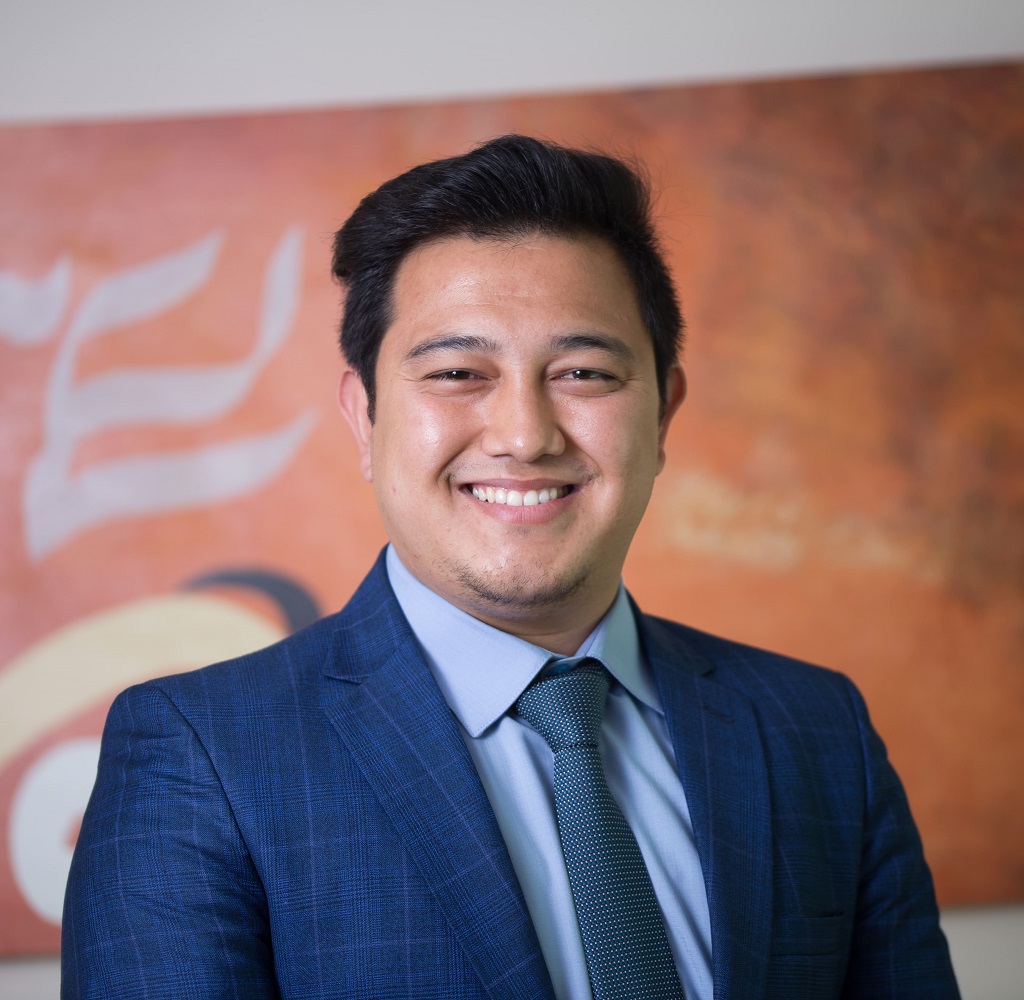
Alireza Hussani received his MA in intercultural conflict management from Alice Salomon Applied Science University of Berlin (From 2019 to 2021). He holds two bachelor’s degrees, one in law and political science from Kabul University (2013 to 2016) and the other in political science and public administration from the American University of Afghanistan (2014 to 2018).
In 2016, he interned with the policy and research department of the Asia Foundation, Afghanistan office. From February 2017 until October 2018, he worked as an ‘assistant to UN experts’ with the administrative office of Afghanistan’s president. Hussani has also worked with the Afghan Girls Financial Assistance Fund (AGFAF) as its deputy country director in Afghanistan. AGFAF is a US-based NGO that supports Afghan girls to pursue undergraduate studies abroad. Throughout his professional career, Hussani has been consistently involved in conducting research.
Topic:
Media of Afghanistan Global Diaspora
Social media is rapidly becoming an integral aspect of human communities. Social media not only allows individuals to interact from all over the world, but it also allows anyone to raise their voice, advocate for their community and bring positive change. Fake news, misinformation, terrorist groups and information manipulation are the major variables that have turned social media platforms into tools for exacerbating conflict. Despite the novelty of the research field, hundreds of academic papers have examined the aspects of transformation caused by social media in Afghanistan.
Yet there has been no comprehensive study that provides an overview of how social media has changed Afghan society over the past decade. Further, there are no available databases or archives for those who want to research the Afghanistan ecosystem in social media.
This project has three tasks. First, the main events and activities in social media in Afghanistan are listed. This database can then be used in several research sectors and may become a reliable primary source for future research into social media in Afghanistan. The second task is to generate monthly, quarterly and annual reports based on collected data for public use. The last task is to conduct qualitative and quantitative research about the role of social media in transforming Afghan society in the last decade.